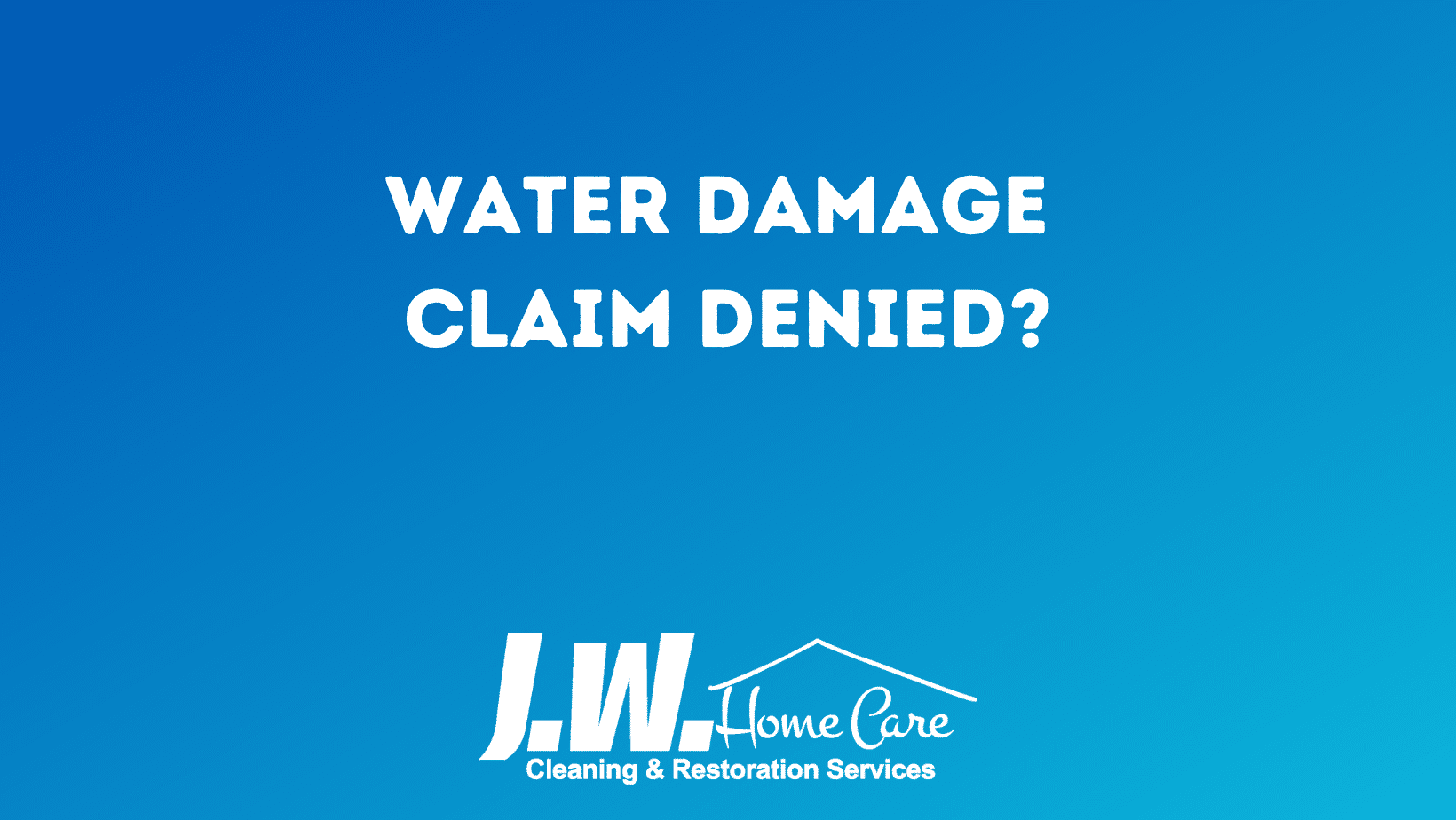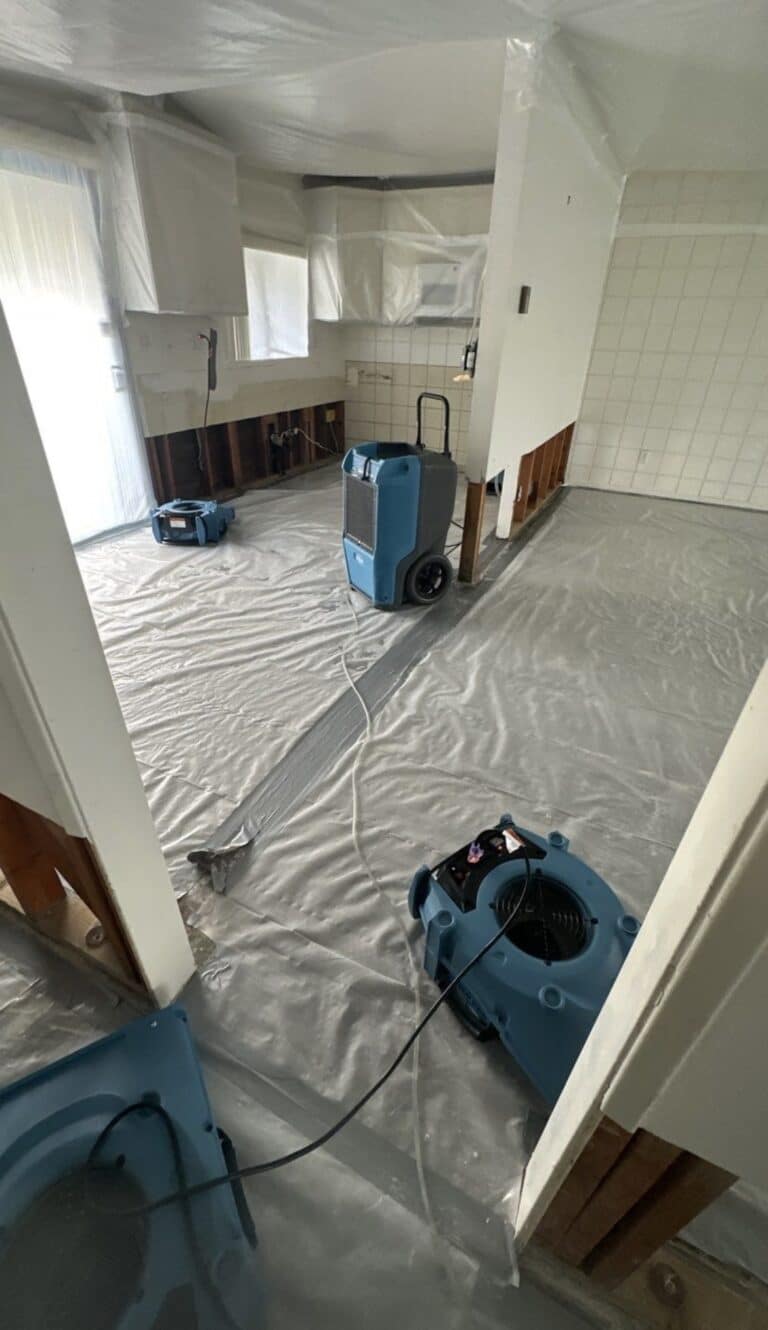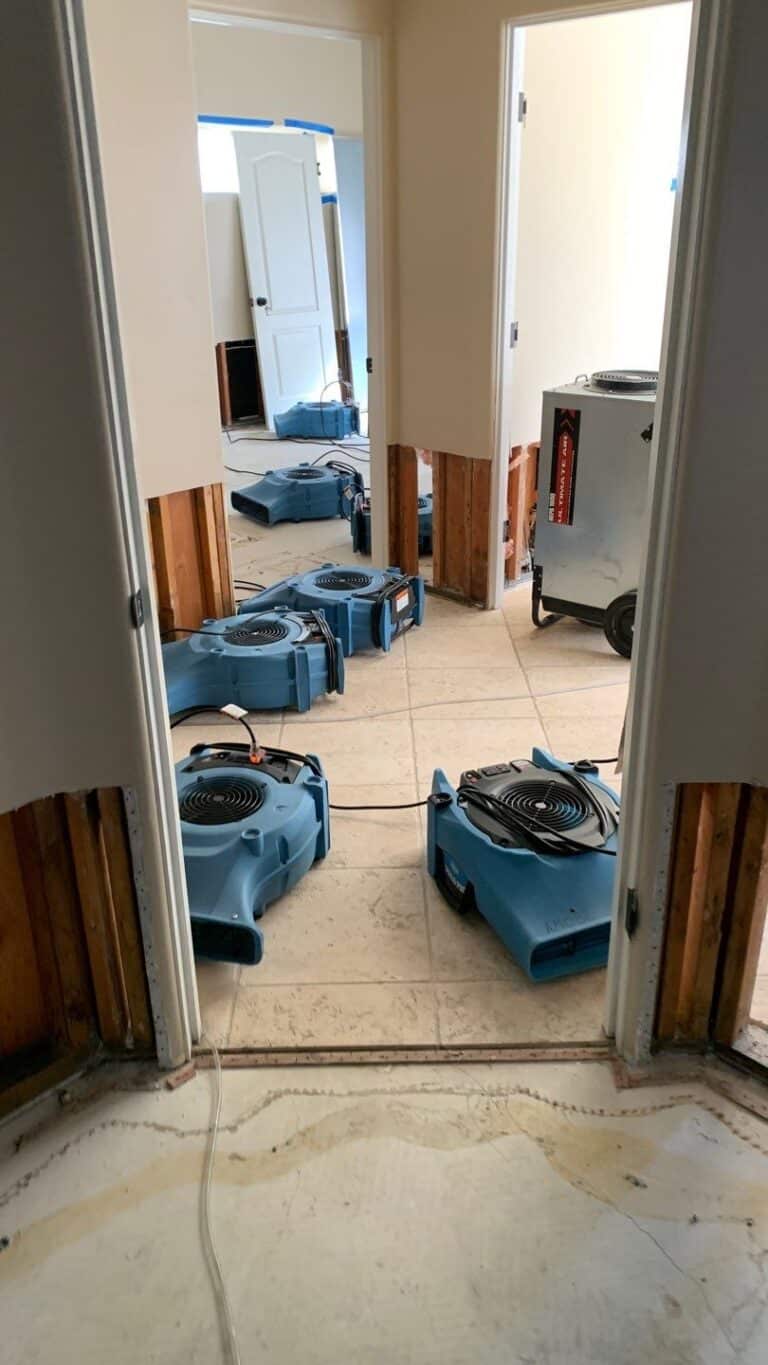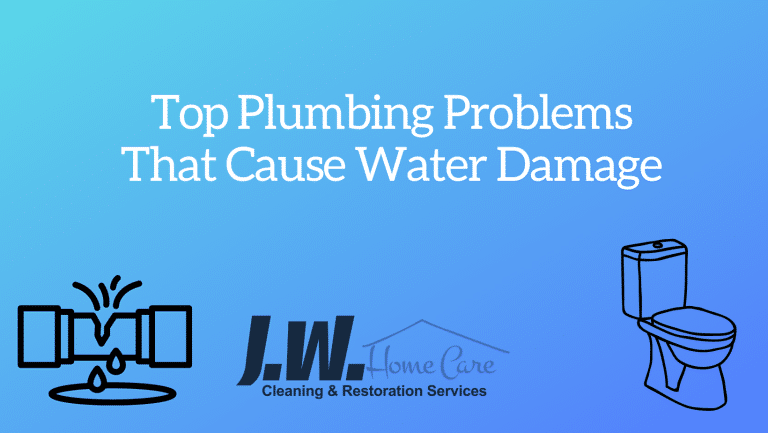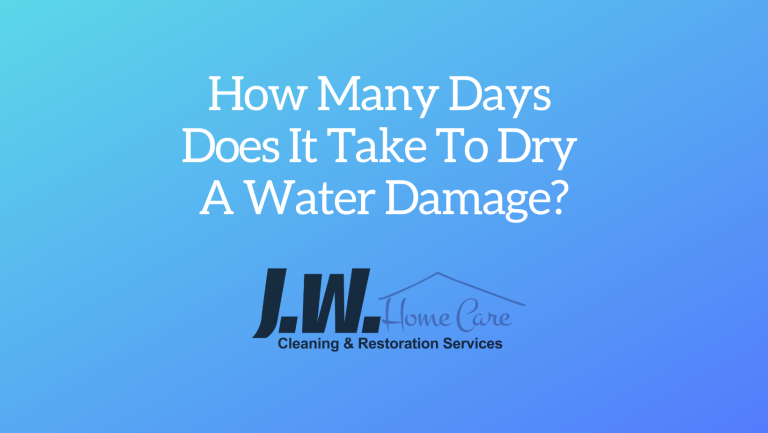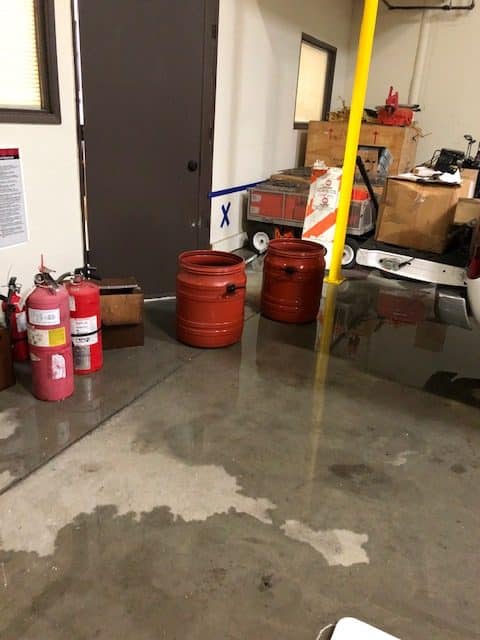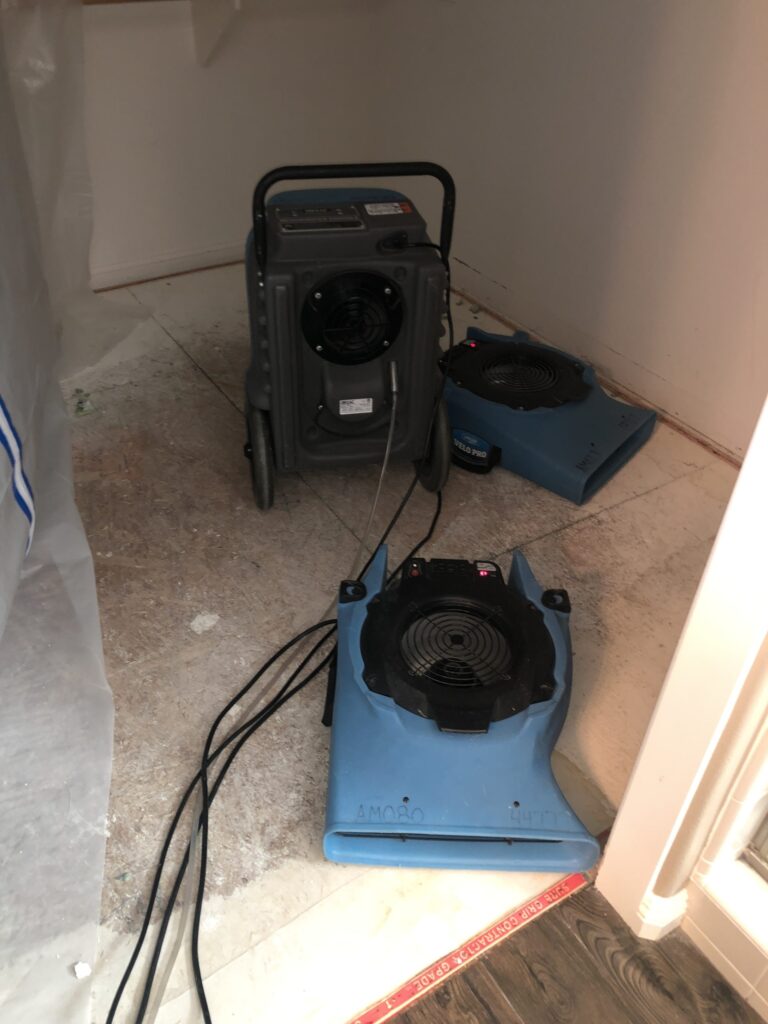Water Damage Claim Denied
What to Do If Your Water Damage Claim Is Denied
Facing water damage in your home can be stressful, and a denied insurance claim can make the situation even worse. Understanding why your water damage claim was denied and knowing how to respond can help you navigate this challenging process. In this blog post, we will explore common reasons for claim denials, steps to take if your water damage claim is denied, and tips for avoiding claim issues in the future.
Common Reasons for Water Damage Claim Denials
Insurance companies may deny water damage claims for various reasons. One common reason is a lack of maintenance. Insurance policies typically do not cover damage resulting from poor maintenance or neglect. If your insurer determines that the water damage was due to a lack of upkeep, they may deny your claim. Additionally, most policies have specific exclusions, such as damage from floods, sewer backups, or gradual leaks. Reviewing your policy is crucial to understand what types of water damage are covered.
Another common reason for denial is late reporting. Prompt reporting of water damage is crucial because insurance companies often require timely notification to process claims effectively. Delaying your report can result in a denial. Furthermore, providing adequate documentation is essential for claim approval. However, If your claim lacks detailed evidence of the damage and its cause, the insurer may reject it. Meanwhile, Every insurance policy has coverage limits, and if the cost of repairs exceeds your policy’s limits, your insurer may not cover the full amount, leading to a partial or full denial.
Steps to Take If Your Water Damage Claim Is Denied
Receiving a denial letter from your insurance company can be disheartening, but there are steps you can take to address the situation.
Review the Denial Letter: Carefully read the denial letter to understand the specific reasons for the denial. Knowing why your claim was denied is the first step in addressing the issue.
Check Your Policy: Revisit your insurance policy to verify the coverage details and ensure that the damage you are claiming should be covered under your policy terms.
Gather Evidence: Collect all relevant documentation, including photos, videos, repair estimates, and maintenance records. This evidence can support your case if you decide to appeal the denial.
Contact Your Insurance Adjuster: Reach out to your insurance adjuster for clarification on the denial. Discuss the evidence you have gathered and ask if additional information could change the outcome.
File an Appeal: If you believe the denial was unjustified, you can file an appeal. Submit a formal appeal letter along with your supporting evidence to your insurance company.
Seek Professional Help: Consider hiring a public adjuster or an attorney specializing in insurance claims. These professionals can help you navigate the appeal process and negotiate with your insurer.
Tips for Avoiding Future Claim Denials
Regular Maintenance: Maintain your home to prevent issues like leaks and plumbing problems. Regular inspections and prompt repairs can help you avoid damage that your insurance policy might not cover.
Understand Your Policy: Read your insurance policy thoroughly to know what types of water damage are covered and what exclusions apply. Being informed can help you manage your expectations and take appropriate action when damage occurs.
Document Everything: Keep detailed records of home maintenance, repairs, and any incidents of water damage. Photographs, videos, and receipts can serve as crucial evidence when filing a claim.
Report Damage Immediately: Notify your insurance company as soon as you discover water damage. Prompt reporting can prevent issues related to delayed claims and help your insurer process your claim more efficiently.
Consider Additional Coverage: If your area is prone to specific types of water damage, such as flooding, consider purchasing additional coverage. Supplemental policies can provide protection for perils not covered by standard homeowners insurance.
In Closing,
Dealing with a denied water damage claim can be frustrating, but understanding the reasons behind the denial and knowing how to respond can make a significant difference. So, By carefully reviewing your policy, gathering evidence, and taking prompt action, you can improve your chances of a successful appeal. Moreover, proactive measures like regular maintenance and thorough documentation can help you avoid claim denials in the future. Stay informed and prepared to ensure you can effectively handle any water damage issues that arise in your home.

